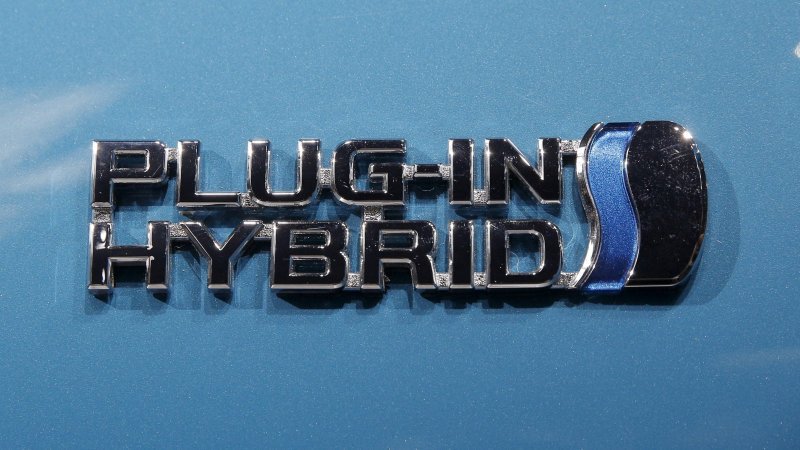Toyota to share its hybrid know-how for all to use — 24,000 patents worth

Japan's Toyota Motor Corp will offer free access to its hybrid-vehicle patents through 2030, it said on Wednesday, seeking to expand use of the lower-emission technology even as the global industry shifts toward fully electric cars.
The pledge by one of the world's biggest automakers to share its closely guarded patents, the second time it has opened up a technology, is aimed at driving industry uptake of hybrids and fending off the challenge of all-battery electric vehicles (EVs).
Toyota said it would grant licenses on nearly 24,000 patents on technologies used in its Prius, the world's first mass-produced "green" car, and offer to supply competitors with components including motors, power converters and batteries used in its lower-emissions vehicles.
"We want to look beyond producing finished vehicles," Toyota Executive Vice President Shigeki Terashi told reporters.
"We want to contribute to an increase in take up (of electric cars) by offering not just our technology but our existing parts and systems to other vehicle makers."
The Nikkei Asian Review first reported Toyota's plans to give royalty-free access to hybrid-vehicle patents.
Terashi said that the access excluded patents on its lithium-ion battery technology.
A move to fend off EVs
Toyota's move to unlock its patents underlines its belief that hybrids are an effective alternative to all-battery EVs, given a fuel efficiency roughly double that of gasoline cars, lower cost and that they do not need charging infrastructure.
Toyota vehicles account for more than 80 percent of the global hybrid vehicle market.
"Toyota has realized that they made a mistake by protecting their hybrid technology for years. This prevented diffusion," said Janet Lewis, head of Asia transportation research at Macquarie Securities.
"Toyota on its own can't get key technology accepted, but if other companies use it, that offers the best chance of expansion," she added.
Since pioneering the Prius in 1997, Toyota has sold more than 13 million hybrids, which twin a conventional gasoline engine and electric motor, saving fuel by capturing energy during coasting and breaking and using it to power the motor.
Hybrid vehicles account for around 3 percent of all vehicles sold globally, eclipsing the roughly 1.5 percent share of all-battery EVs, according to LMC Automotive.
Global automakers have pledged to electrify their offerings as a growing number of countries slash vehicle emissions by as much as half by 2030, but many say that shifting to fully electric cars will take time given high cost of batteries.
Lewis at Macquarie said automakers in China and Europe could be keen to access Toyota's hybrid-vehicle patents as they look for lower-emission cars to sell in lower-tier cities where costly battery EVs are out of reach for many drivers.
Toyota is also betting on hydrogen fuel cell vehicles (FCVs) as the ultimate zero-emissions vehicle, and as a result, has lagged many of its rivals in marketing all-battery EVs.
In 2015, it said it would allow access to its FCV-related patents through 2020.
Nouvelles connexes


